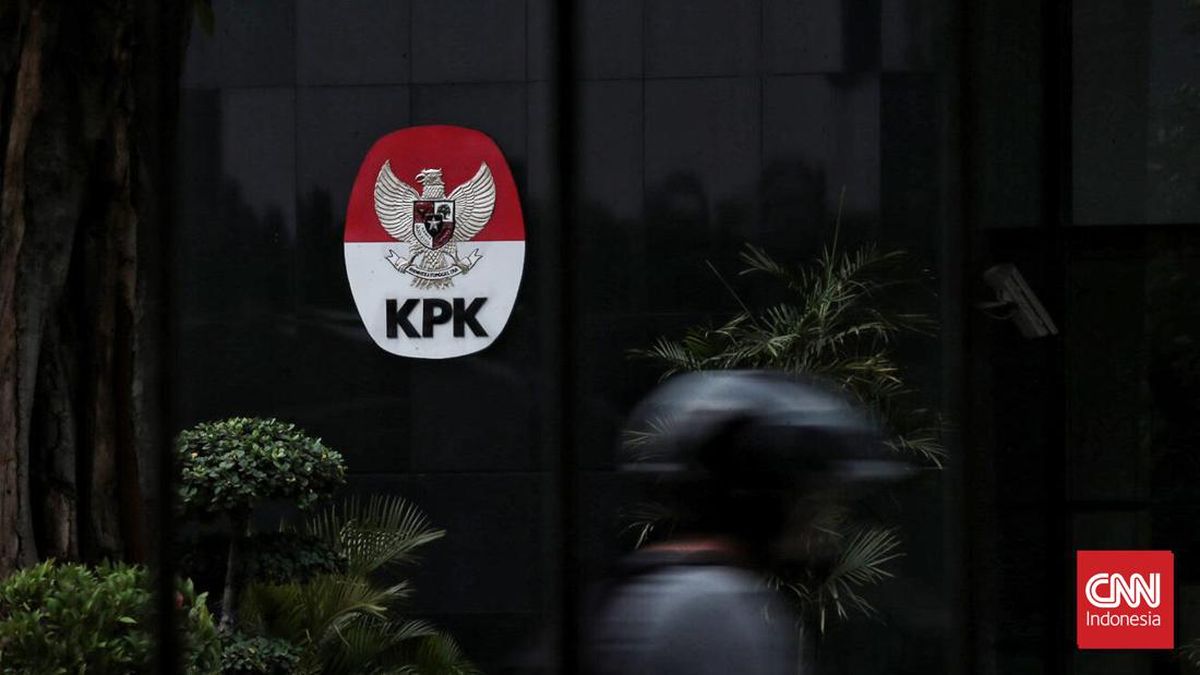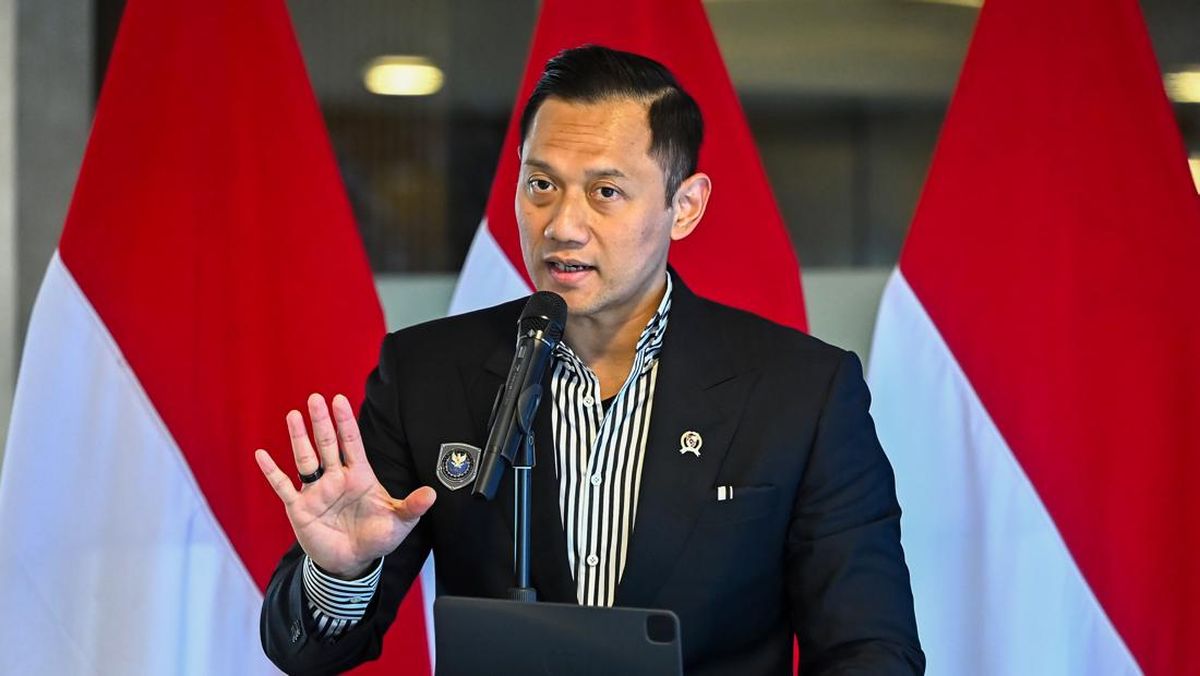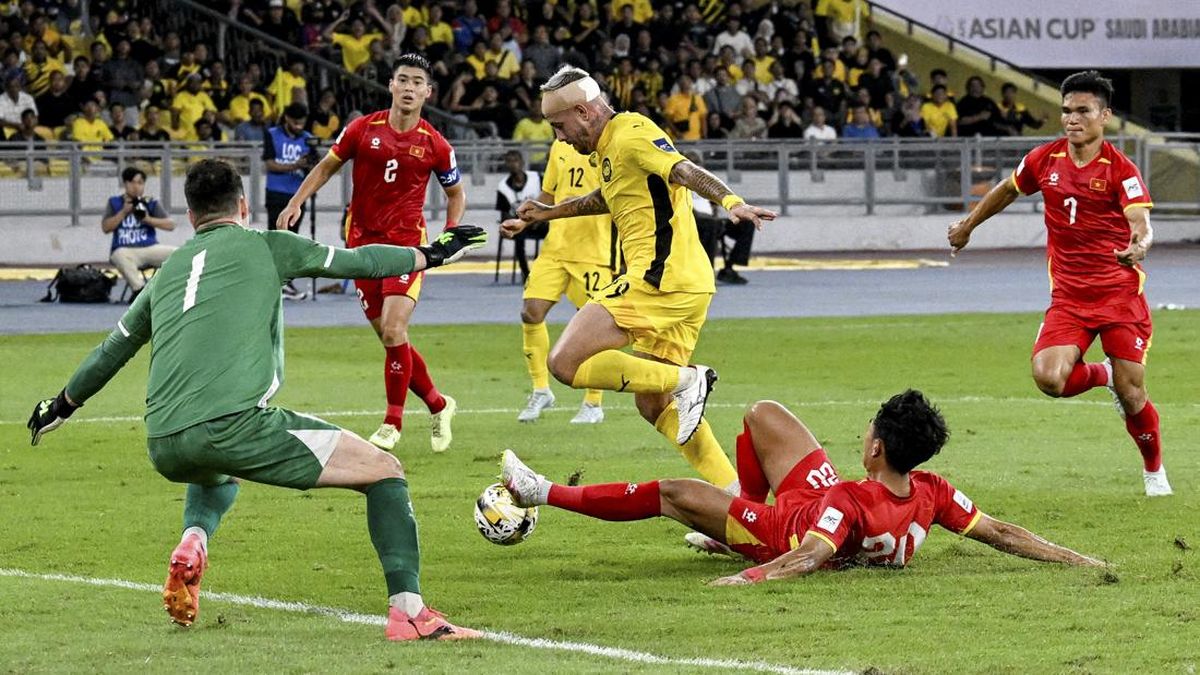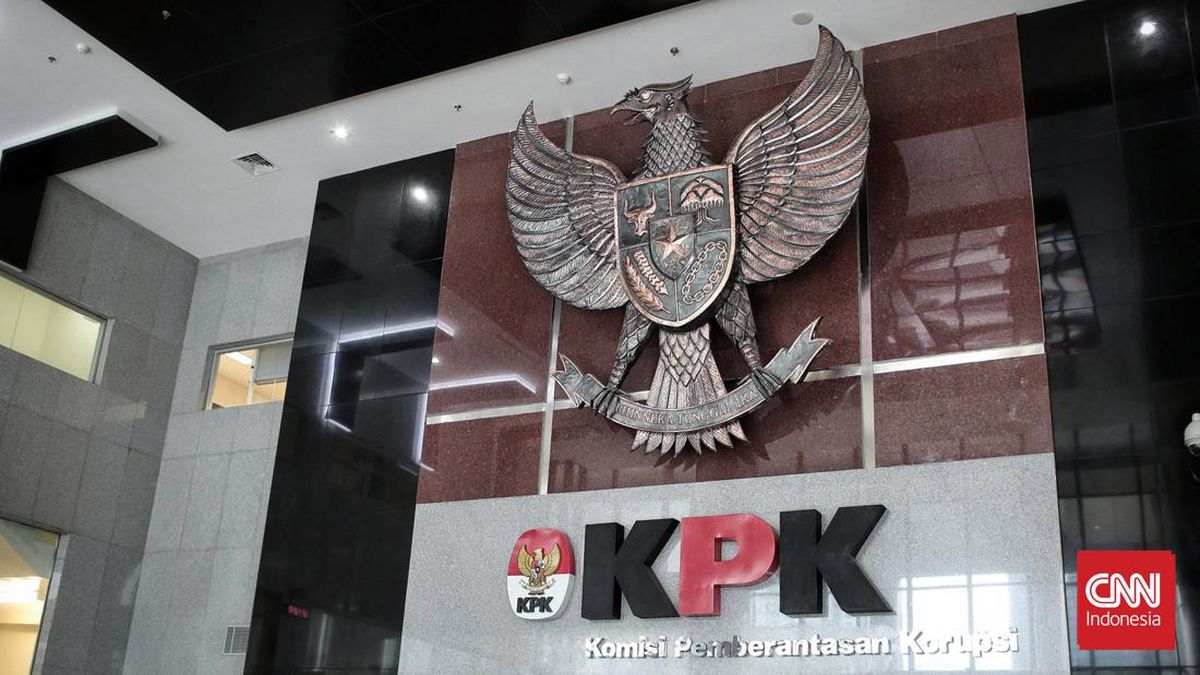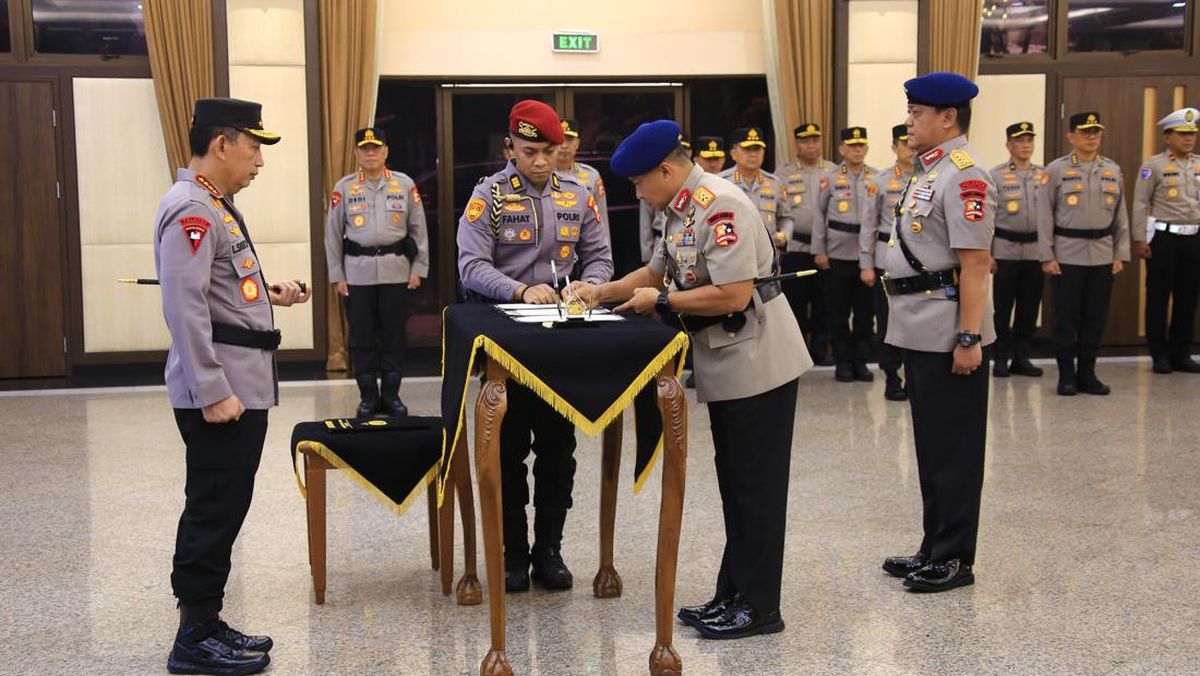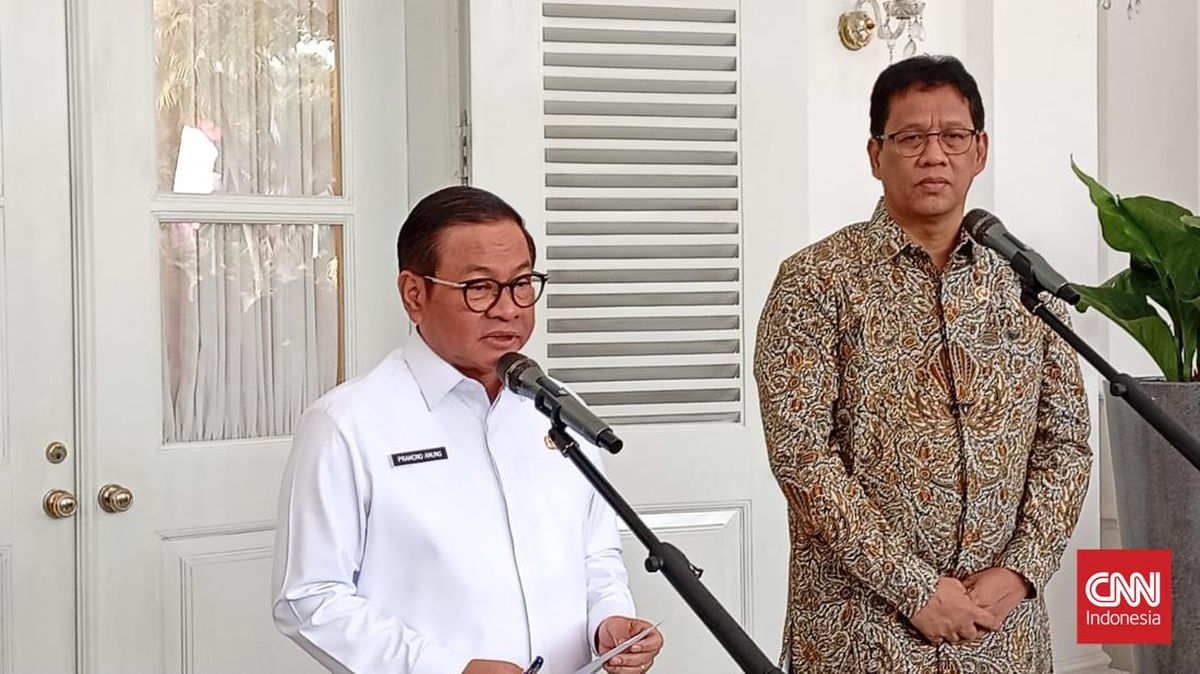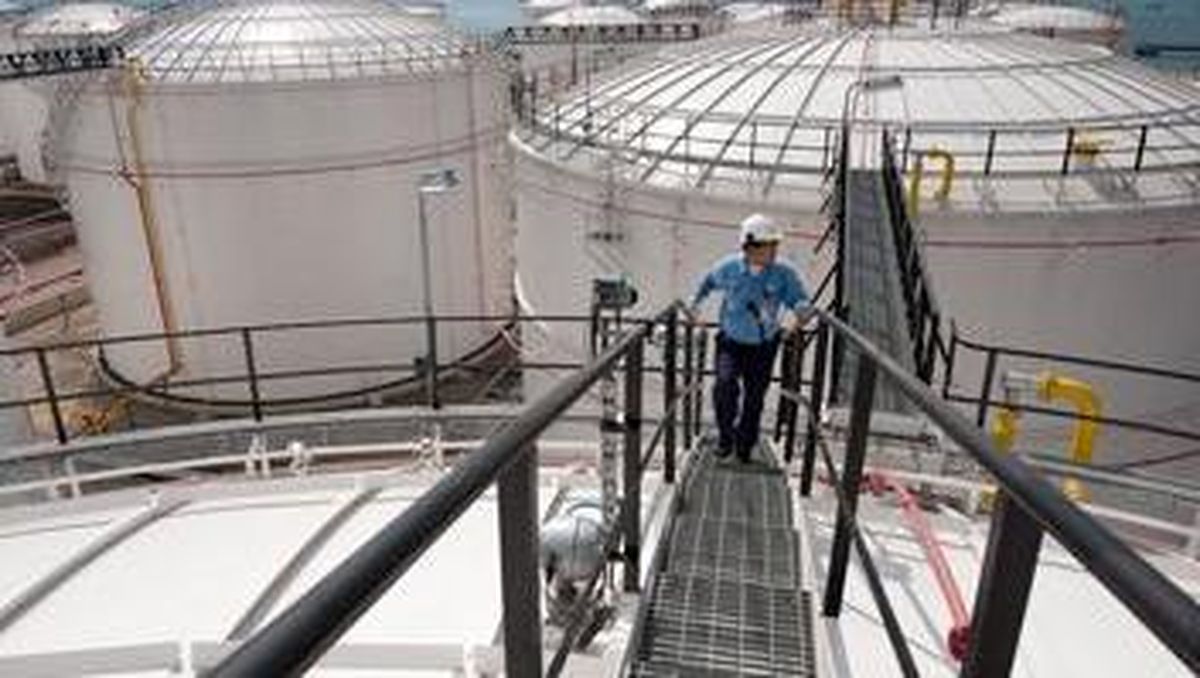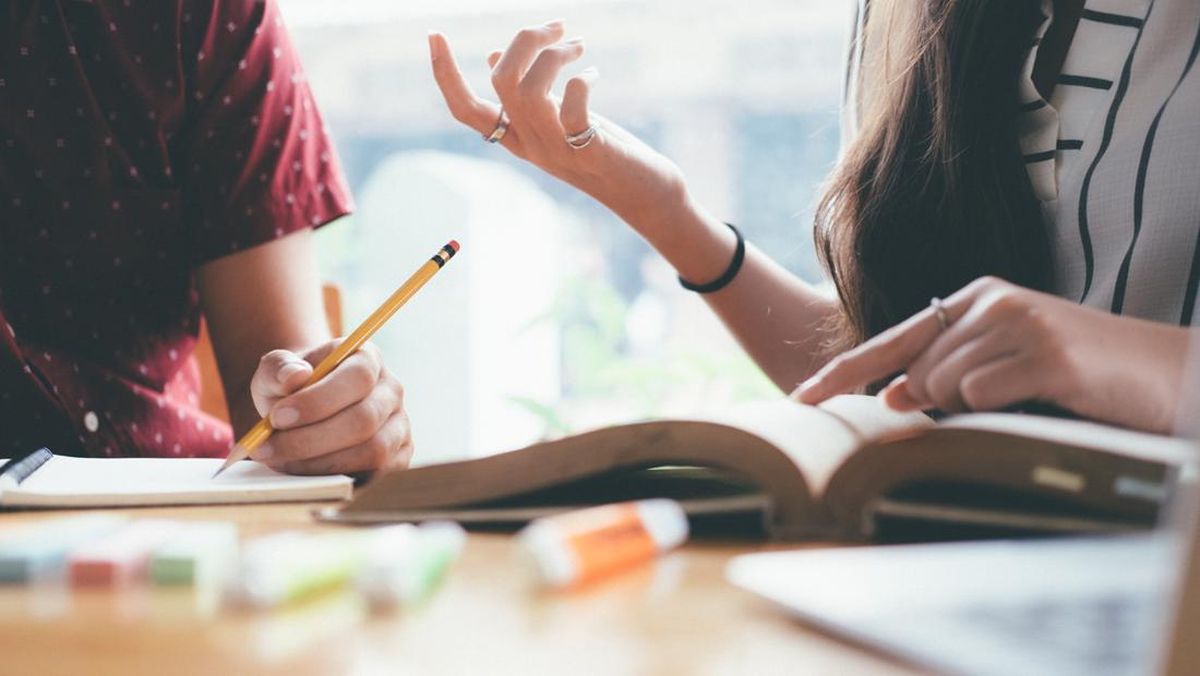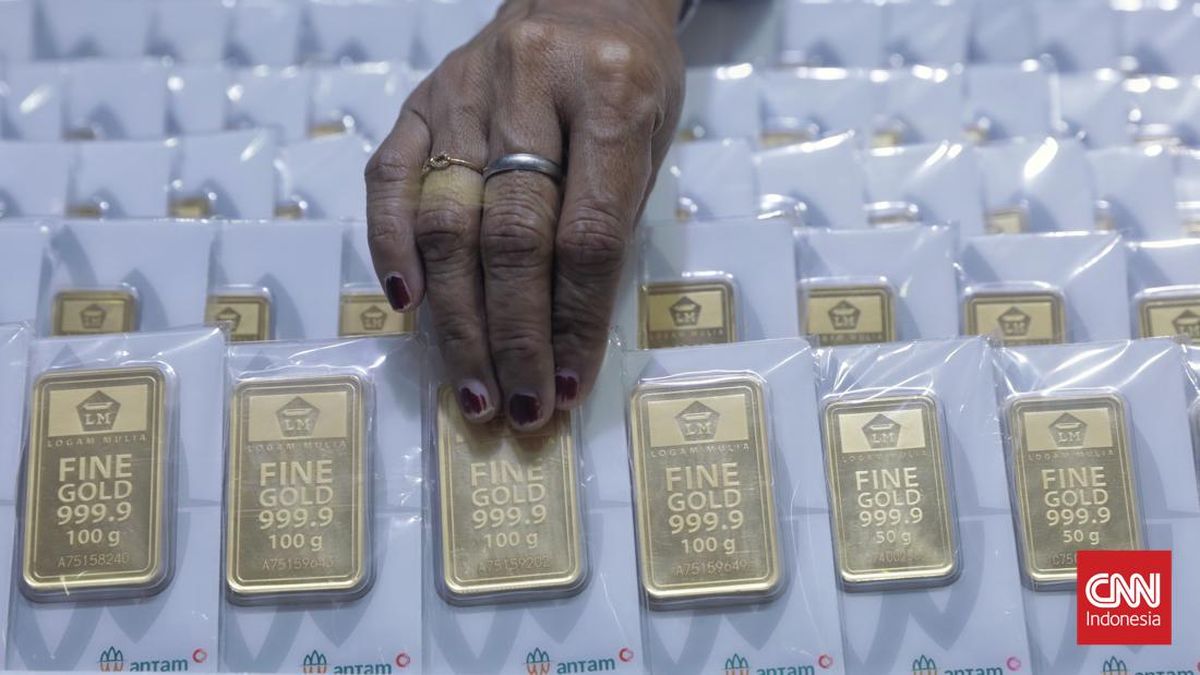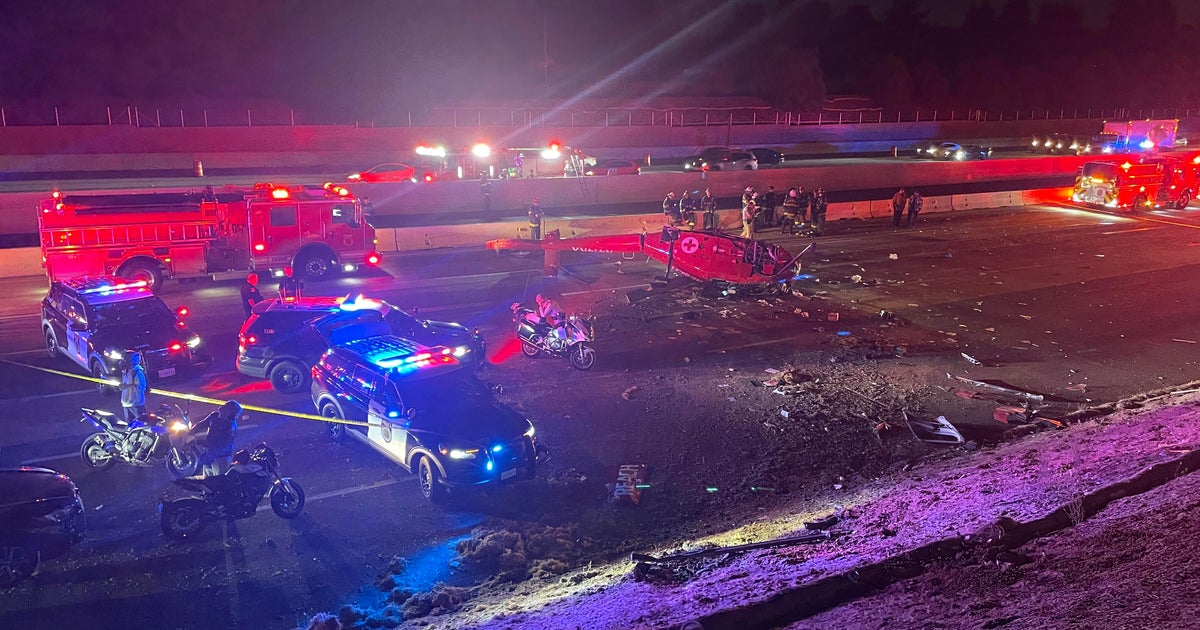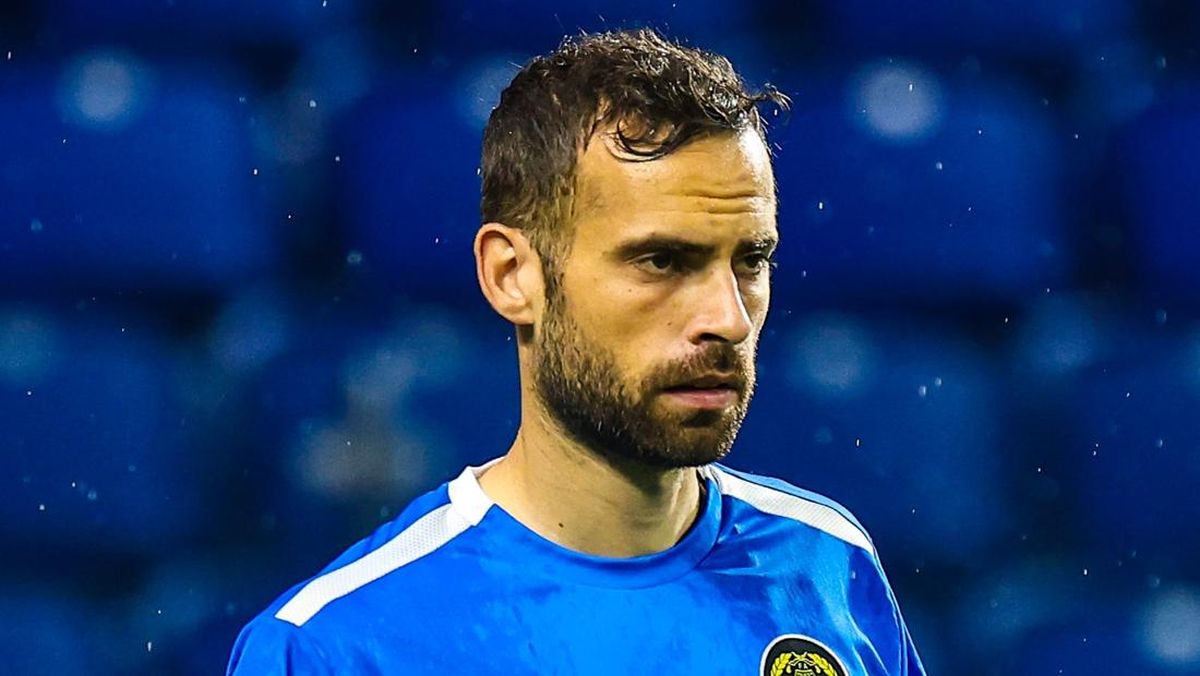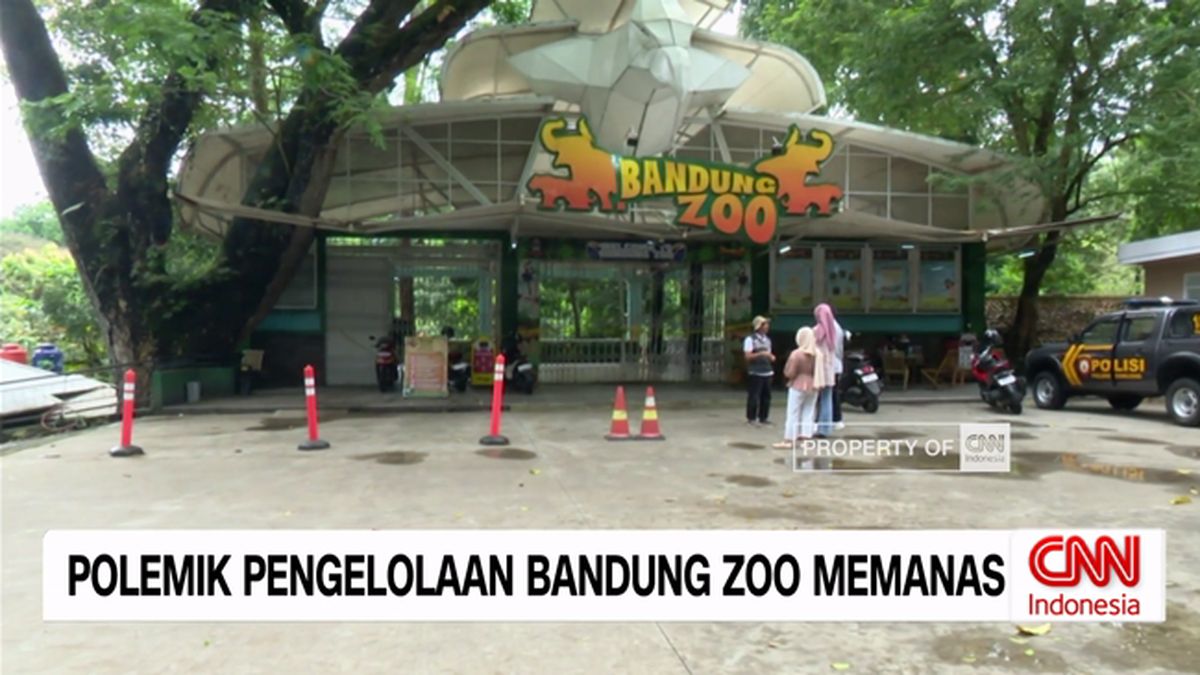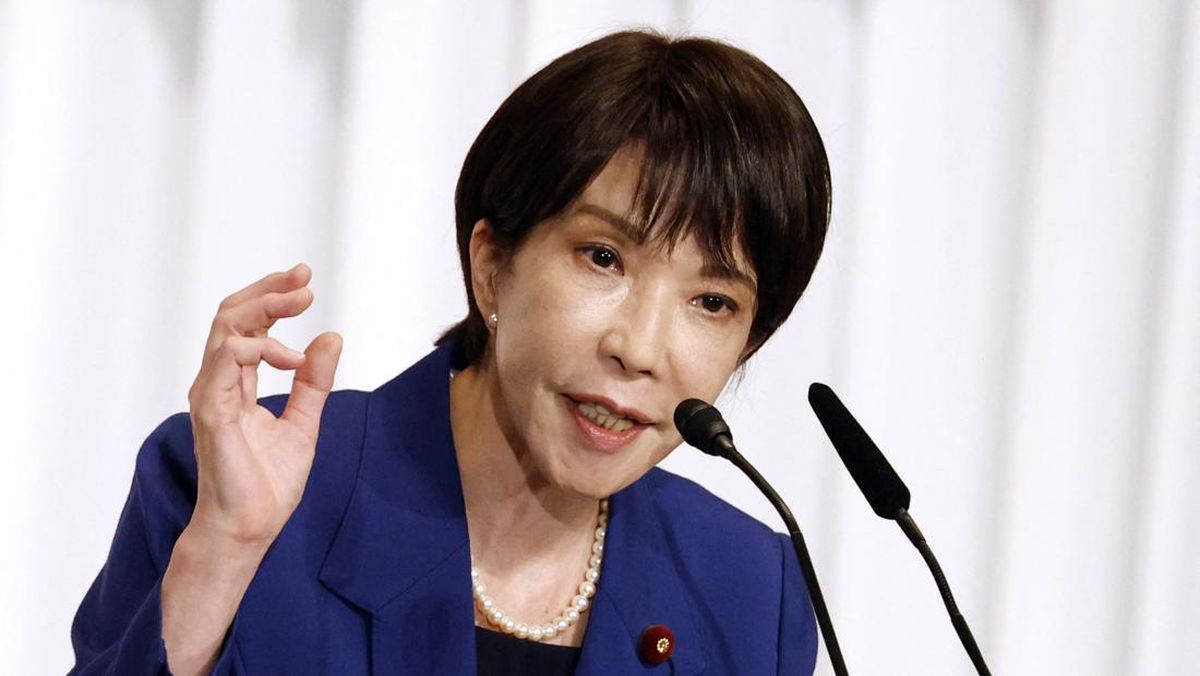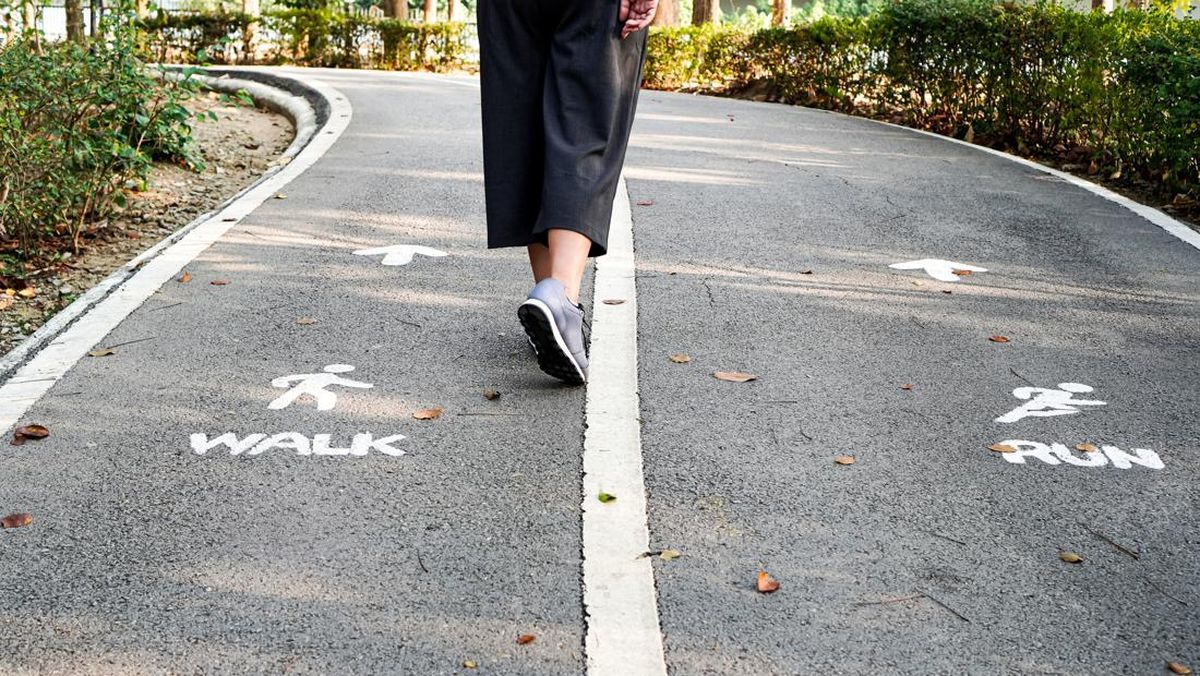Signs that the arrival of women and children fleeing Syria was not a complete surprise
Victoria Police was informed in advance that two women and four children would be returning to Melbourne from a detention camp in Syria after their families gave notice and promised to cooperate with authorities.
Sources who cannot be identified because they are not authorised to speak publicly have said the six family members of former Islamic State fighters returned to Australia after paying people smugglers to escape the lawless al-Hawl camp in north-eastern Syria.

Kirsty Rosse-Emile, pictured with son Yahya in al-Hawl camp in 2019. They are now in Roj camp.Credit: Kate Geraghty
The two women and four children, who have not been identified publicly, travelled to the Lebanese border then were detained by Lebanese authorities and taken to the Australian embassy in Beirut.
There they were screened and issued with Australian passports – which is an obligation on the government when dealing with citizens overseas. The six, who have not been identified, are the first family members of former IS fighters to return to Victoria.
Victoria Police did not answer questions about when and how they had become aware of the return, saying through a spokesperson they were “aware there are Australian citizens in camps in Syria who may look to return home, including to Victoria”.
“Where required, Victoria Police works closely with state and federal agencies to facilitate the reintegration of women and children who return to Victoria from camps in Syria.”

Children in the foreign annex of al-Hawl camp in North East Syria in 2019.Credit: Kate Geraghty
The escape of the six leaves 37 Australian citizens, including 25 children in a different, better-regulated camp in Syria called al-Roj. A federal government spokesman has ruled out any planned repatriation of those people, saying they will only be accepted into Australia if they escape and “find their own way to return”.
There has been no confirmation of where the six who did return late last month are living, what services have been offered them or whether they will be charged with any offences. A state government spokesperson said: “It would be inappropriate to comment on the private travel arrangements of citizens.”
In 2023, then-Home Affairs secretary Mike Pezzullo underlined the importance of state governments when speaking about the repatriation of women and children detained in Syria. He told a Senate committee that, “If a state government chose to say, ‘We don’t want to proceed’, then I would have thought the Commonwealth would take that pretty seriously.
“We have to rely on them for schooling, trauma support, counselling, public health support and the like. So it’s done consensually.”

Non-Australian children at the al-Hawl camp in 2019 raise their index fingers to the sky in a sign for monotheism adopted by Islamic State followers.Credit: Kate Geraghty
Government-sponsored repatriations in 2019 and 2022 brought back four women and 21 children, including eight orphans. All were residents of Sydney.
The 2022 return led to a brief political backlash, particularly from a group of Sydney mayors. That prompted then-home affairs minister Clare O’Neil to say the government had a choice to bring people back to Australia “in a managed way”, or alternatively, “after a bunch of Australian children have grown up in a camp where they are subjected every day to radical ideologies”.
Since then, the Albanese government has ruled out any further managed repatriations. Advocates for the families say a number of Australian boys are at the age – between 13 and 15 – when the Kurdish authorities who run the camps will transfer them to adult men’s prisons.
Loading
The irregular return of the six and the reluctance of Home Affairs Minister Tony Burke to comment on it has infuriated the federal opposition.
Home affairs spokesman James Paterson posed a series of questions on Monday, saying: “How did these people come home to Australia? Are any of them facing any counter-terrorism charges for their involvement with Islamic State? How will that be monitored? Where will they live? What involvement did the government have in bringing them home?” he said on ABC Radio National.
“None of these have been answered, and it’s simply not good enough for the minister of home affairs to refuse to answer about that.”
Describing the women and children as a “a highly dangerous cohort of individuals”, Opposition Leader Sussan Ley and then-acting home affairs spokeswoman Michaelia Cash last week described the return as a “dereliction of duty” by the government.
Loading
But Mat Tinkler, the chief executive of Save The Children – which has been trying since the fall of Islamic State in 2019 to convince governments to bring the women and children home – said these were “innocent Australian children who have spent years in one of the worst places in the world to be a child, through no fault of their own”.
“All of the people who’ve come back are Australian citizens, and our strong national security, law enforcement and judicial systems are fully equipped to manage any risks.”
He called on the Australian government return the rest of the cohort.
Most Viewed in National
Loading


